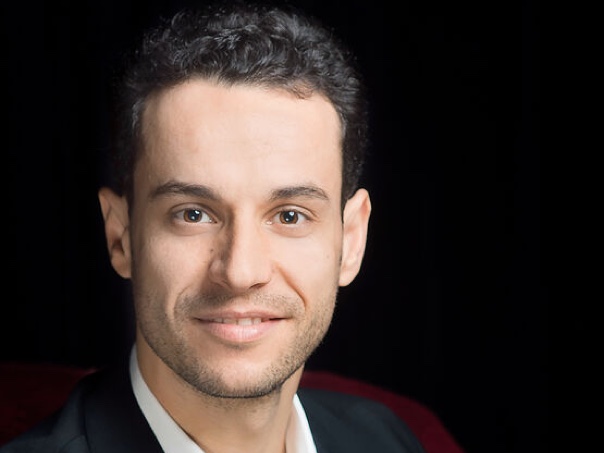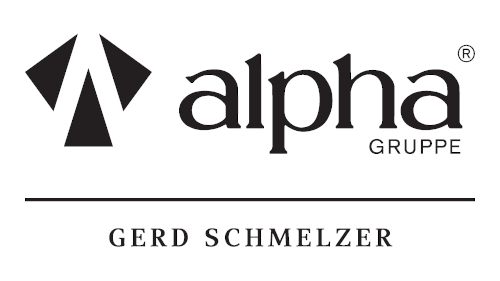Opera
Carlos Cardoso

Singer (guest)
Tenor
Der portugiesische Tenor Carlos Cardoso studierte an der Universität „Beira Interior“ bei Paulo Ferreira. Er nahm an Meisterklassen u.a. bei Tom Krause, Luigi Alva, Luciana D’Intino, Luciana Serra, Renato Bruson, Mirella Freni und Raul Giménez teil und war Gewinner zahlreicher bedeutender Preise. 2010/2011 war er Mitglied des Opernstudios am Teatro Sao Carlos in Lissabon und 2011-2013 an der Accademia del Teatro alla Scala in Mailand. In dieser Zeit sang er zahlreiche Konzerte in Italien sowie in „Un giorno di regno“ am Teatro Filarmonico di Verona. An der Mailänder Scala sang er u.a. in „La scala di seta“, in „Don Carlo“ als Conte di Lerma, in „La Cenerentola“ als Don Ramiro und in „Rigoletto“ als Duca.
Gastengagements führten ihn an die Dutch National Opera Amsterdam („Lucia di Lammermoor“ und „Il viaggio a Reims“), zum Rossini-Festival in Wildbad („Il viaggio a Reims“), ans Liceu de Barcelona („La favorita“) und ans Théâtre de la Monnaie Brüssel („Adriana Lecouvreur“). Er sang außerdem Duca („Rigoletto“) und Edoardo („Un giorno di regno“) am Teatro Verdi di Busseto im Rahmen des Parma Verdi Festivals, Ismaele („Nabucco“) und Rodolfo („La bohème“) am Teatro Sao Carlos in Lissabon, Leicester („Maria Stuarda“) am Stadttheater Klagenfurt, Tebaldo („I Capuleti e i Montecchi“) an der Oper in Vilnius sowie in Orffs „Carmina Burana“ und Jonathan Doves „Monster in the maze“ mit der Fundação Gulbenkian sowie am Nationaltheater Prag Don José („Carmen“).
Von 2017/18 bis 2022/23 war er Ensemblemitglied des Aalto-Theaters in Essen und stand hier u.a. als Pinkerton (»Madama Butterfly«), Alfredo (»La traviata«), Duca (»Rigoletto«), Rodolfo („Luisa Miller“), Cassio („Otello“), Narraboth („Salome“), Rodolfo („La bohème“), Don José („Carmen“), Sou-Chong („Das Land des Lächelns“), Ismaele („Nabucco“), Sänger („Der Rosenkavalier“), Beppe („Pagliacci“), Rinuccio („Gianni Schicchi“), Edgardo („Lucia di Lammermoor“), Riccardo („Un ballo in maschera“), Adorno („Simone Boccanegra“) und Pollione („Norma“) auf der Bühne.
> What's On
> Digitaler Fundus
Top






